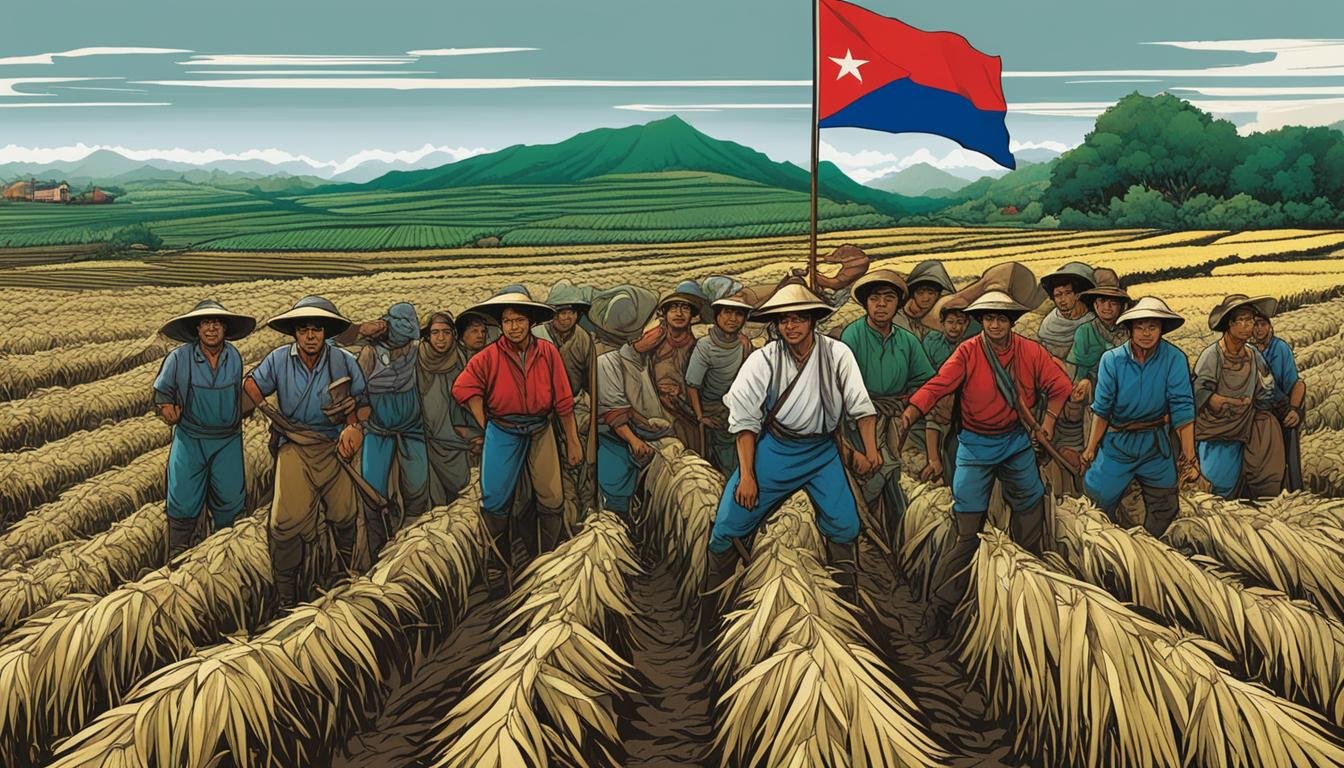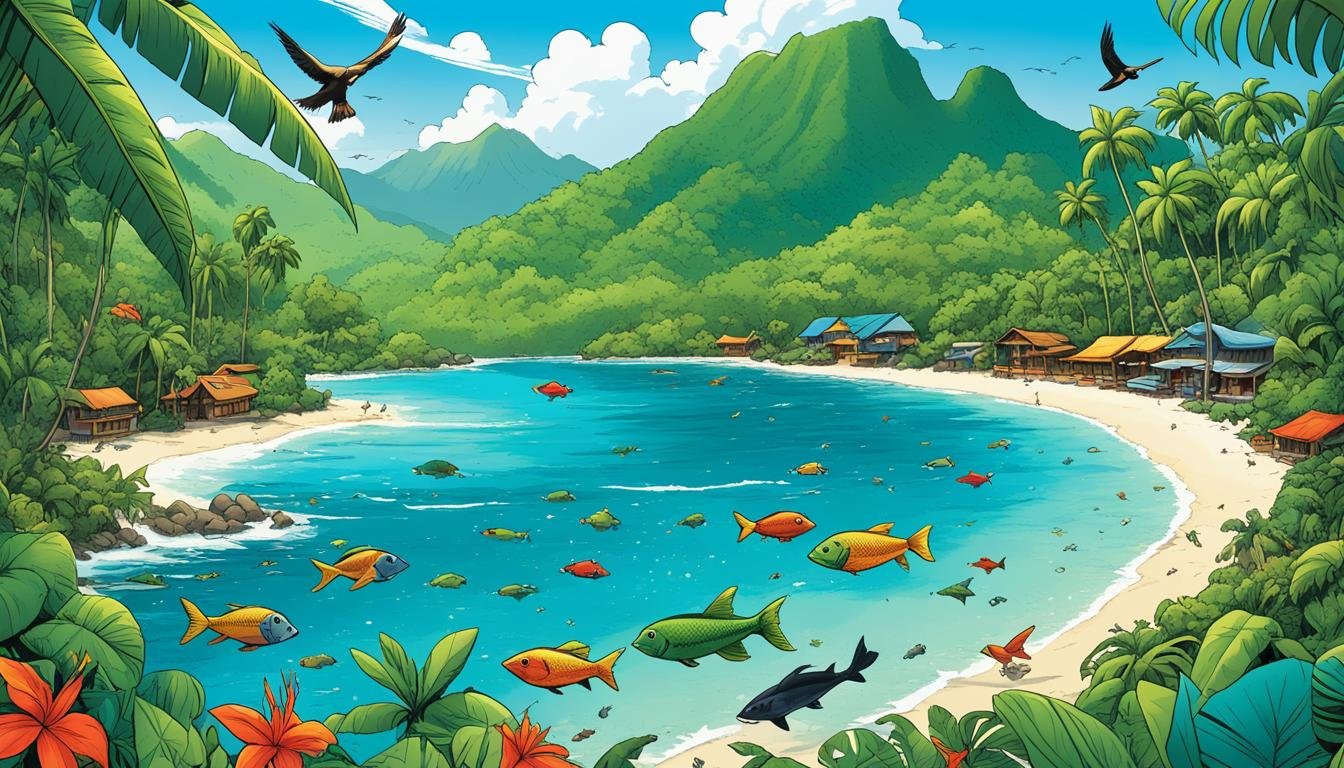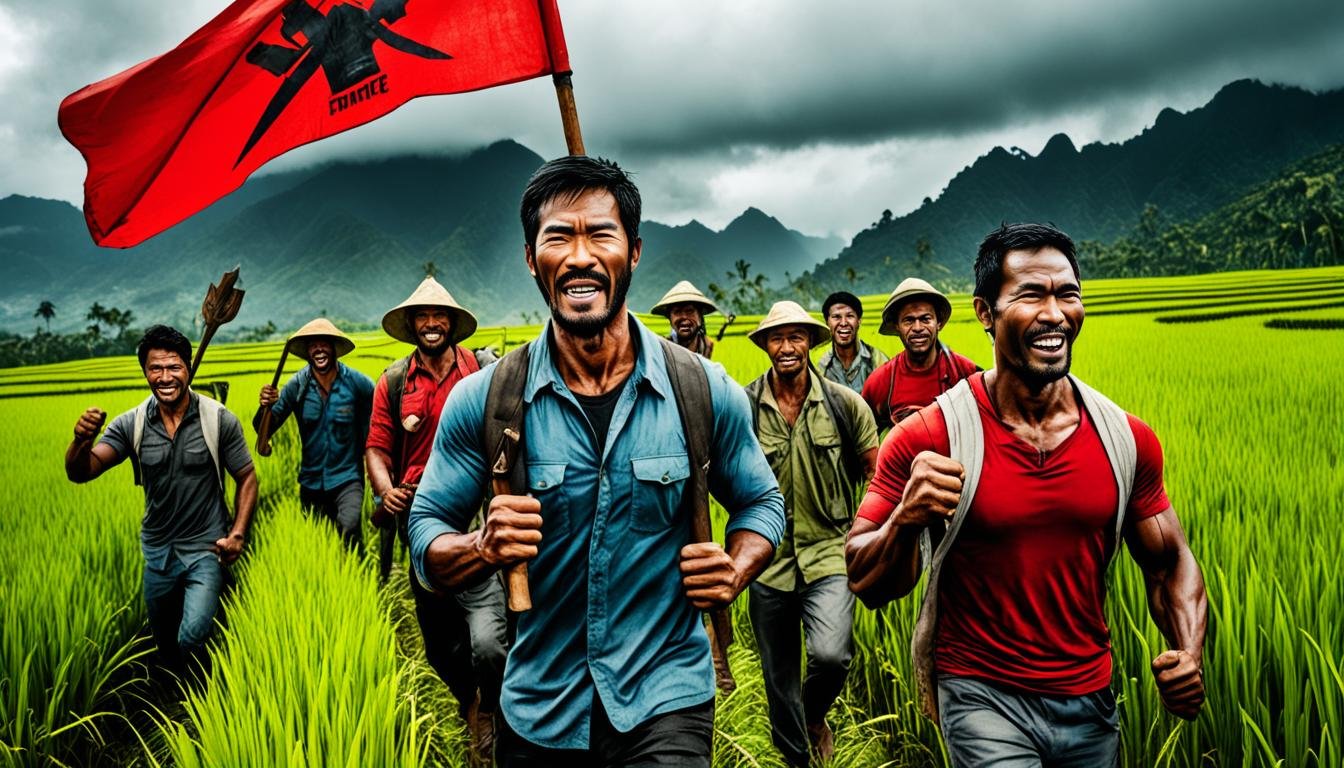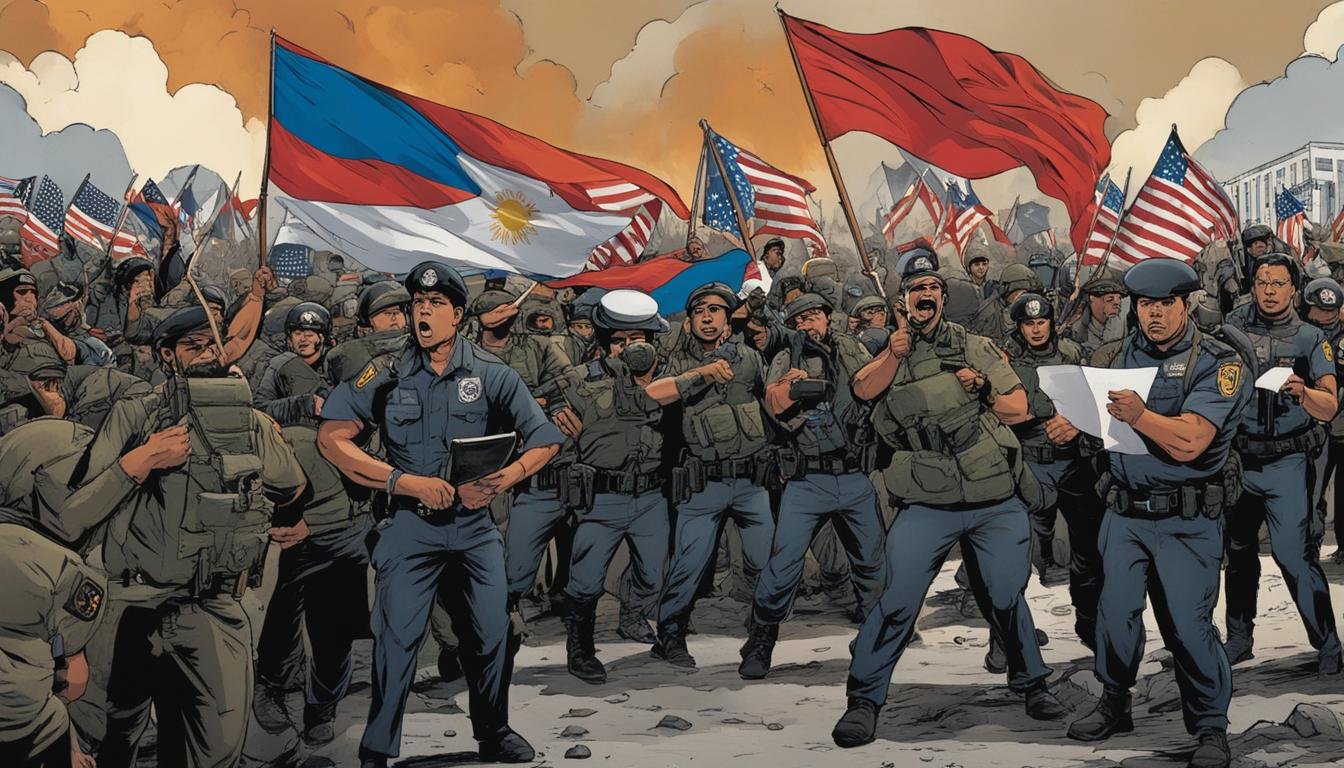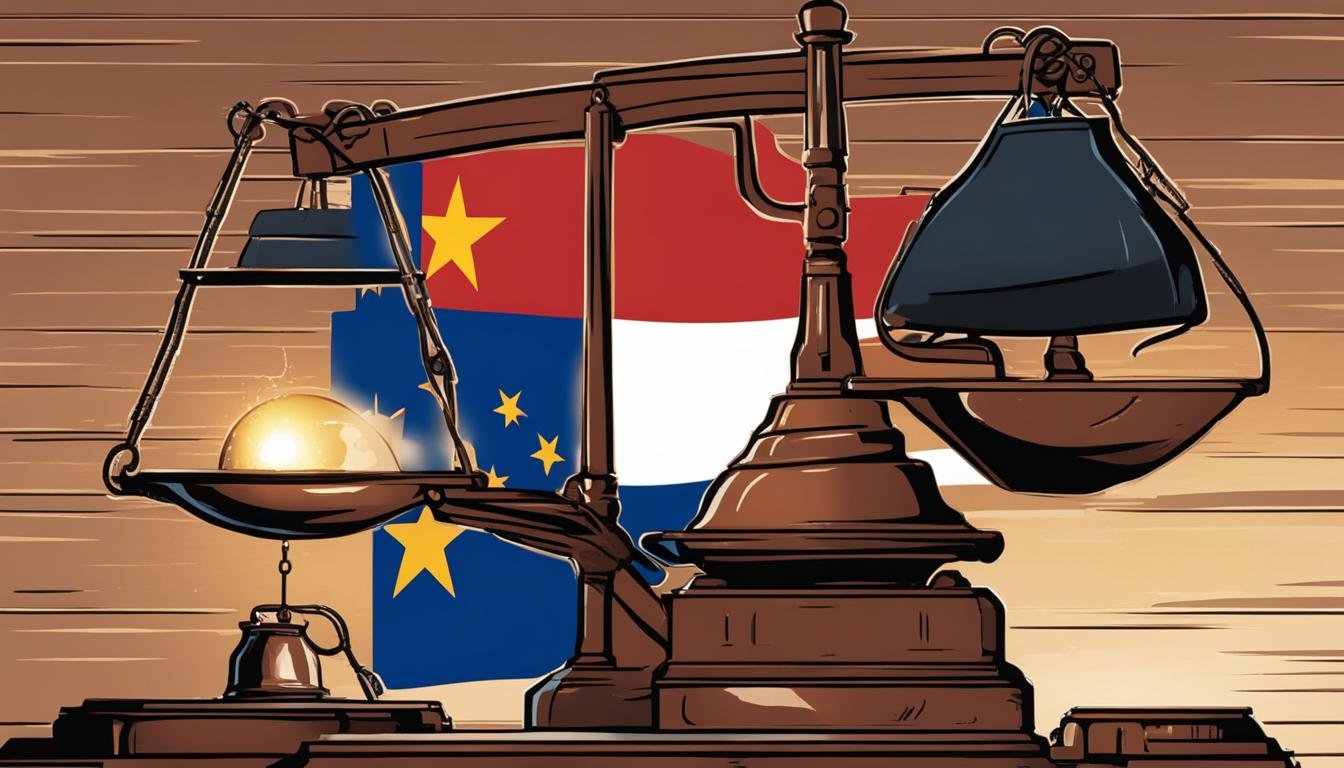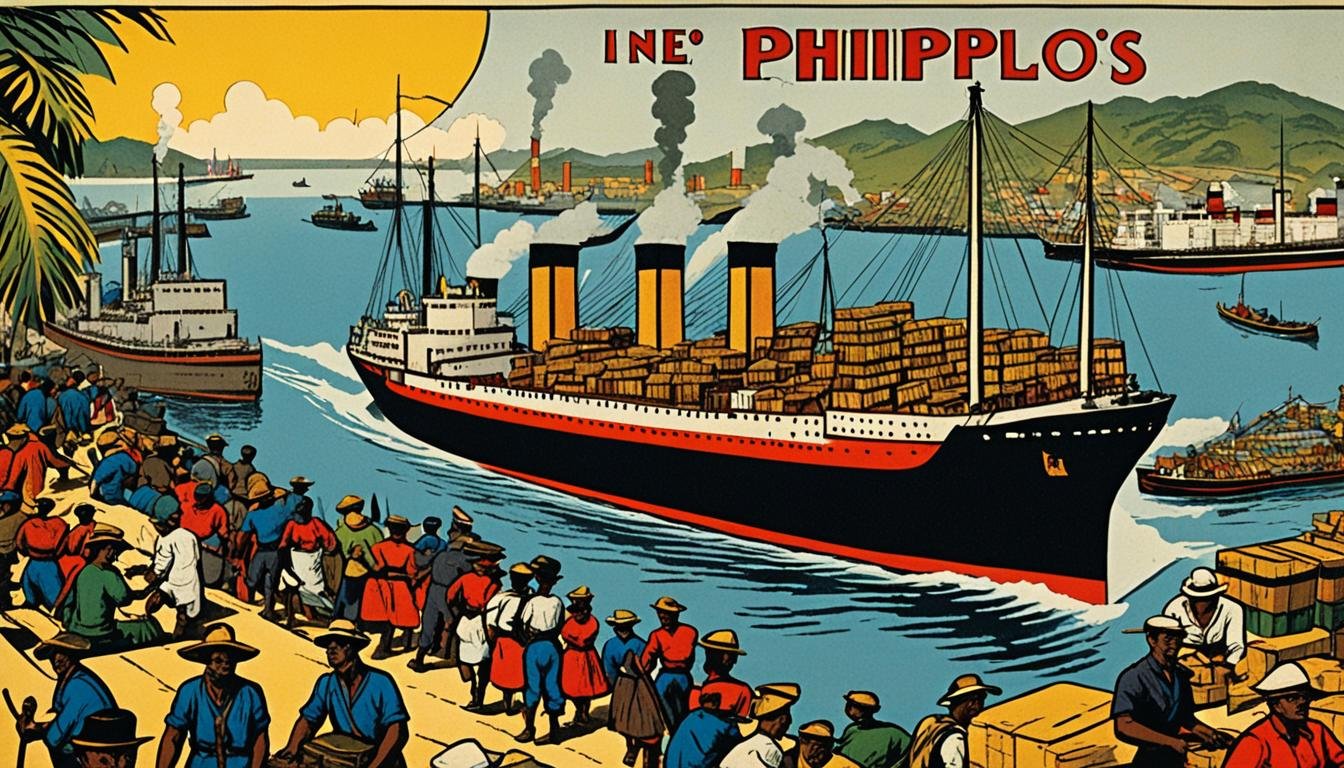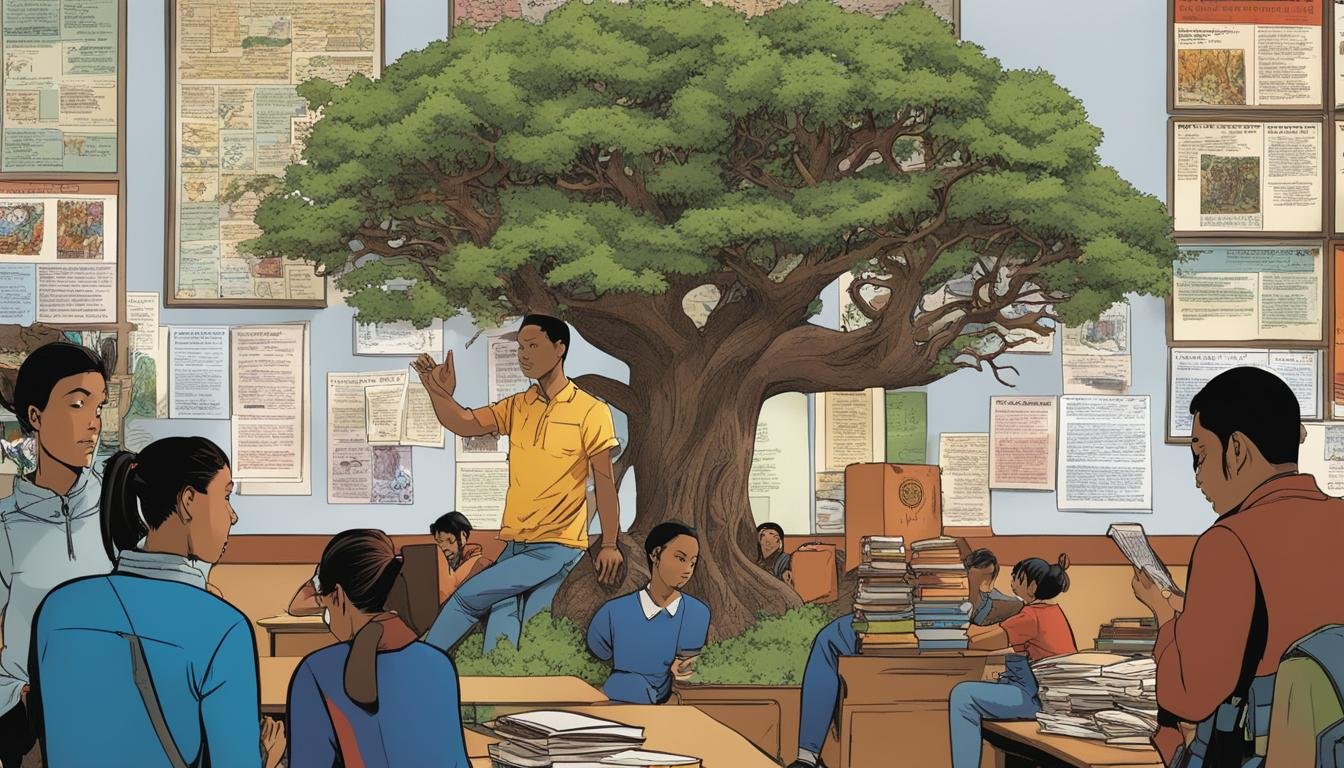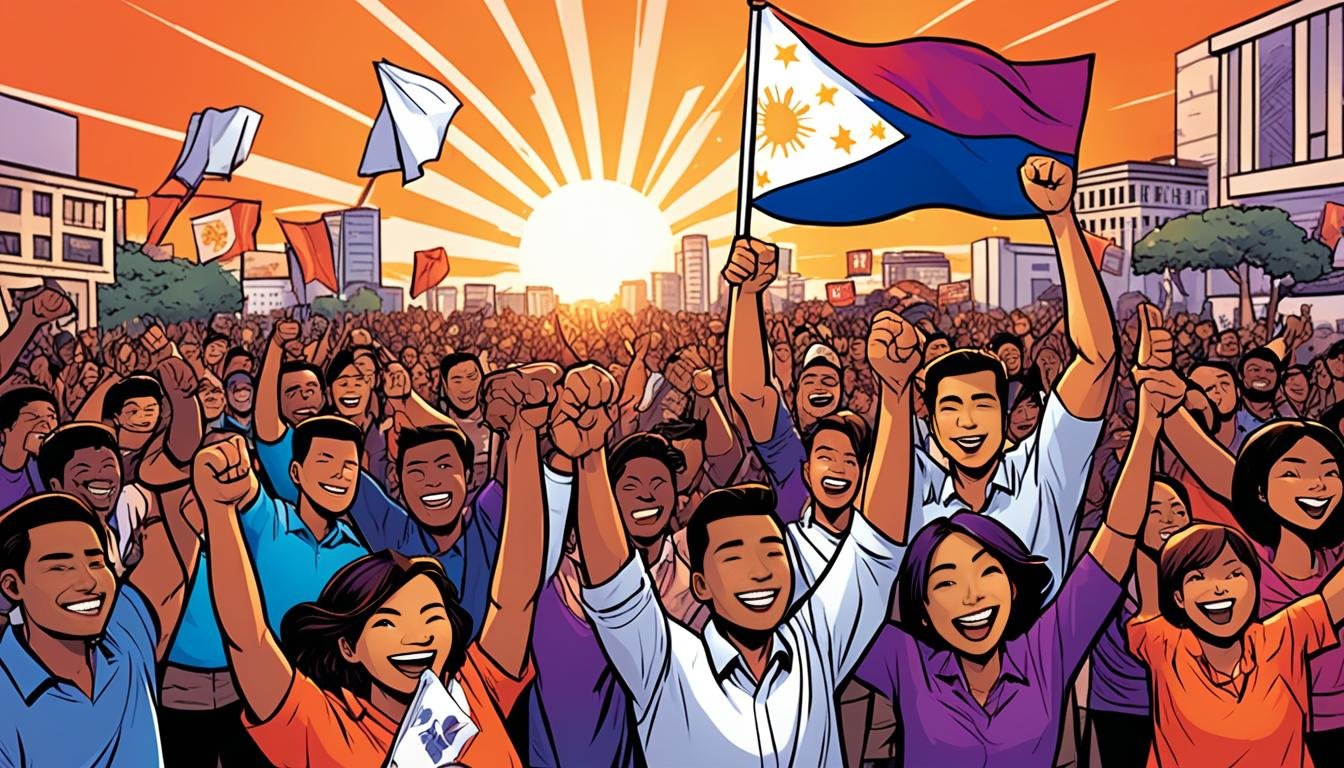The First Philippine Republic holds a special place in the history of the Philippines. It was the very first time Filipinos attempted to establish a truly independent government for their nation, breaking free from centuries of foreign rule. Often called the Malolos Republic because its capital was in Malolos, Bulacan, this republic was a crucial step in…
Tag: Philippine Independence
The Jones Law: Promise of Philippine Autonomy vs. Enduring American Veto Power
The early 20th century was a time of significant change for the Philippines. After centuries under Spanish rule, the archipelago found itself under the control of a new colonial power: the United States of America. The transition was tumultuous, marked by war and uncertainty, but it also brought a new dynamic to the Filipino struggle…
The Macapagal Presidency: The Land Reform Program and the Change of Independence Day (1961-1965)
The Dawn of a New Era and Enduring Changes The period from 1961-1965 marked a significant chapter in the annals of Philippine history, defined by The Macapagal Presidency. Ascending to power on a platform of integrity and a promise to uplift the common man, President Diosdado Macapagal steered the nation through a complex era characterized…
The Philippine Environment and Natural Resources in the Post-War Era (1946-1972)
Rebuilding a Nation on Nature’s Bounty The period following World War II, spanning from the declaration of Philippine independence in 1946 to the cusp of Martial Law in 1972, represents a pivotal chapter in the nation’s history. Emerging from the devastation of war, the newly sovereign Philippines faced the monumental task of reconstruction and nation-building….
The Rise and Fall of the Hukbalahap Rebellion in the Philippines (1946-1954)
The post-World War II era in the Philippines was a time of immense change, marked by the euphoria of newly gained independence, the daunting task of national reconstruction, and simmering social unrest. Amidst this complex landscape, a formidable challenge emerged that would test the young republic’s foundations: the Hukbalahap Rebellion. Though its roots were firmly…
Military Bases Agreement: The Impact of US Presence on Philippine Sovereignty and Security
The relationship between the Philippines and the United States has been one of enduring complexity, shaped by a shared history rooted in colonialism, war, and strategic alliances. At the heart of this intricate bond, particularly in the post-World War II era, lay the US military bases in the Philippines. These installations, notably the sprawling Subic…
The Bell Trade Act and the Parity Amendment: Controversial Agreements between the PH and the US
The mid-20th century marked a pivotal, yet complex, period in Philippine history. Emerging from the devastating crucible of World War II, the nation stood on the cusp of formal independence from the United States. However, this newfound sovereignty was immediately challenged and intertwined with a series of agreements that would profoundly shape the Philippines’ economic…
Economic Ties Between America and the Philippines During Colonial Rule
The narrative of American colonial rule in the Philippines, spanning from the turn of the 20th century until the islands gained full independence in 1946, is inextricably linked to its economic dimensions. More than just a political or military undertaking, the period fundamentally reshaped the Philippine economy, integrating it deeply into the American market and…
Language and Education Reforms in the Philippines Under American Rule
The transition of the Philippines from Spanish colonial rule to American Rule in the late 19th and early 20th centuries marked a dramatic shift in the archipelago’s trajectory. While the military conflict was significant, perhaps one of the most enduring and transformative aspects of the American occupation was the implementation of sweeping Language and Education…
Establishing Self-Rule in the Philippines: The Commonwealth Era
The history of the Philippines is a compelling narrative of struggle, resilience, and the persistent pursuit of nationhood. For centuries under colonial powers—first Spain, then the United States—the Filipino people harbored an unyielding desire for sovereignty. The period from 1935 to 1946, known as the Philippine Commonwealth Era, stands as a pivotal chapter in this…

